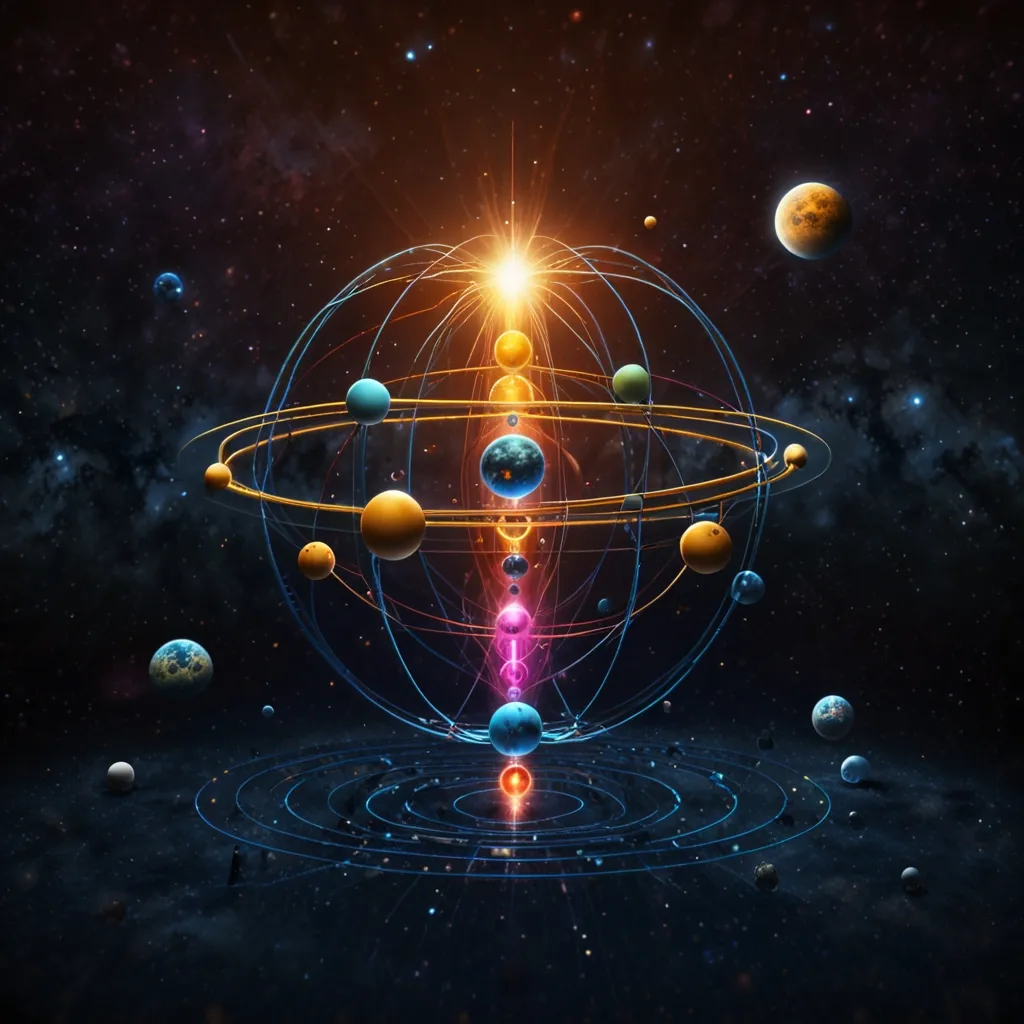If we could eliminate all matter, light, and radiation from a part of space, it would still retain weight. This signifies that “nothing” is actually something substantial. Strange as it sounds, the idea that empty space is teeming with virtual particles, which appear and vanish almost instantaneously, is fascinating. Quantum mechanics permits this, and these transient ghost particles play an essential role in our understanding of the universe.
Within a proton, these virtual particles constitute about 90% of its mass. Since our physical world predominantly comprises protons and neutrons, the so-called “empty space” inside them significantly contributes to our mass. Imagine it like a balance equation: a zero can be expressed as one million plus negative one million.
This analogy reveals the concept of how our universe came into existence. The universe’s total energy is zero, or “nothing.” However, at its inception, this zero divided into massive positive and negative energies. Although the total remained zero, it split into positive energy, visible as matter—stars, planets, particles, radiation—and negative energy, understood as gravity.
Energy and mass are interchangeable, as established by Einstein’s equation, E=MC². The universe is incredibly balanced; gravity’s negative energy offsets the positive energy of matter, maintaining a flat, perfectly balanced universe. Like a symphonic masterpiece of mathematical precision, the universe’s total energy remains zero, yet it exists as a fascinating phenomenon.






